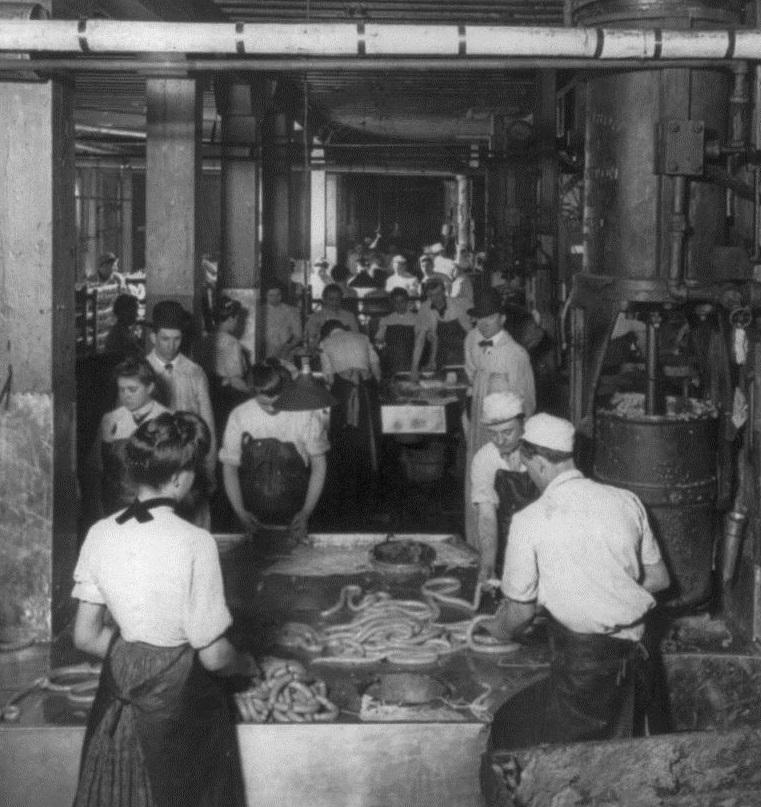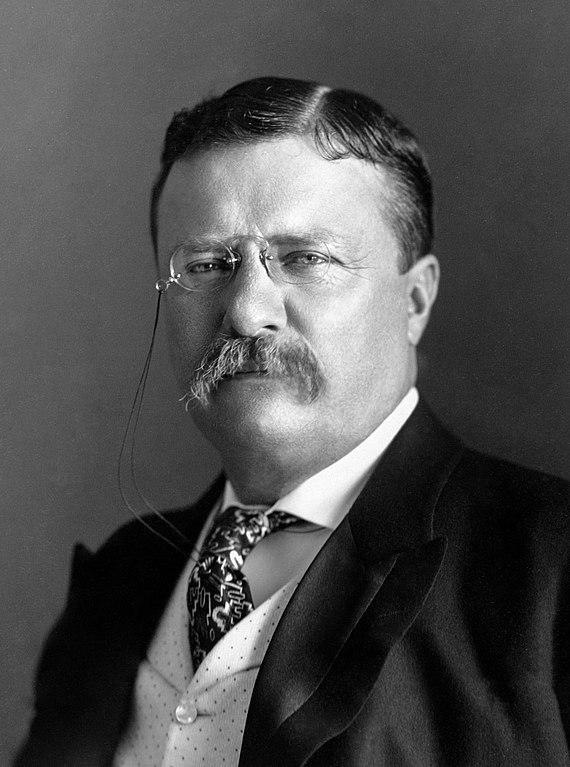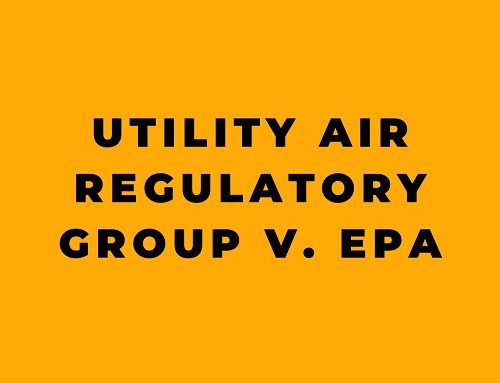Theodore Roosevelt, the 26th President of the United States, was one of the most influential figures in American history. Born into a wealthy family in New York City in 1858, Roosevelt was a man of many interests and talents. He was an avid outdoorsman, historian, and author, and he used his skills and knowledge to further his political career.
One of the most significant accomplishments of Roosevelt’s presidency was the passage of the Meat Inspection Act of 1906. This act was a response to widespread public concern about the safety and quality of the country’s meat supply. At the time, the meatpacking industry was largely unregulated, and the public was concerned about the presence of contaminants such as bacteria, preservatives, and other chemicals in the meat they consumed.
Roosevelt was a strong advocate for food safety and believed that the government had a responsibility to protect the public from harmful products. He worked closely with leaders in the meatpacking industry and with members of Congress to draft and pass the Meat Inspection Act. The act established a system of federal inspections of meatpacking facilities, and it required that all meat sold in the United States be inspected and approved by the government before it could be marketed.
The Meat Inspection Act had a profound impact on the meatpacking industry and on American consumers. The act established a minimum standard of quality and safety for meat, and it helped to restore public confidence in the industry. The act also provided for the creation of a permanent system of federal inspectors, who were responsible for enforcing the provisions of the act and for ensuring that all meat sold in the United States was safe and of high quality.
The passage of the Meat Inspection Act was a major victory for Roosevelt and for the Progressive movement, which sought to promote government regulation and oversight of various industries in the interest of public health and safety. The act was a model for other federal regulations, and it helped to establish the concept of government intervention in the marketplace as a means of protecting the public from harm.
The Meat Inspection Act of 1906 was inspired by a number of events that highlighted the need for government intervention in the meatpacking industry. The meatpacking industry was largely unregulated at the time, and the public was concerned about the presence of contaminants such as bacteria, preservatives, and other chemicals in the meat they consumed.
One of the key events that inspired the act was the publication of “The Jungle” by Upton Sinclair in 1906. The book was a fictionalized account of the experiences of a Lithuanian immigrant working in the meatpacking industry in Chicago. The book was widely read and shocked the public with its graphic descriptions of unsanitary conditions, including contamination of meat with rat feces and other unsavory substances.

Making link sausages in the Swift Co. Chicago in 1900. The “Jungle” takes place in Chicago and Upton Sinclair likely visited a sausage-making facility like the one shown here.
Another event that inspired the act was a series of investigative articles published in The New York Times in 1905. The articles exposed widespread corruption and mismanagement in the meatpacking industry, including the use of toxic preservatives, the sale of diseased meat, and other unsavory practices. The articles generated widespread public outrage and helped to galvanize support for government action.
These events and others like them helped to bring the issue of food safety to the forefront of public discourse, and they helped to create the political will necessary to pass the Meat Inspection Act. The act established a system of federal inspections of meatpacking facilities, and it required that all meat sold in the United States be inspected and approved by the government before it could be marketed. The act was a major victory for the Progressive movement, which sought to promote government regulation and oversight of various industries in the interest of public health and safety.
Roosevelt’s leadership in the passage of the Meat Inspection Act was a reflection of his broader political philosophy. He believed in the role of government as a positive force for good, and he worked tirelessly to promote the welfare of the American people. He was a champion of the working class and of the common man, and he saw the Meat Inspection Act as a way to ensure that all Americans had access to safe and nutritious food.
The Meat Inspection Act remains an important piece of legislation to this day, and it is widely recognized as one of the most important food safety laws in the world. The act has been amended and updated several times over the years, but its basic provisions remain intact. The act has helped to ensure that the American food supply is safe and of high quality, and it has served as a model for other countries seeking to improve their own food safety systems.
In conclusion, Theodore Roosevelt and the Meat Inspection Act of 1906 represent a significant moment in American history. Roosevelt’s leadership and vision helped to establish the role of government in protecting the public from harm, and the act remains a testament to his commitment to promoting the welfare of the American people. The Meat Inspection Act continues to play a critical role in ensuring the safety and quality of the country’s food supply, and it stands as a testament to Roosevelt’s legacy as a great leader and champion of the American people.










